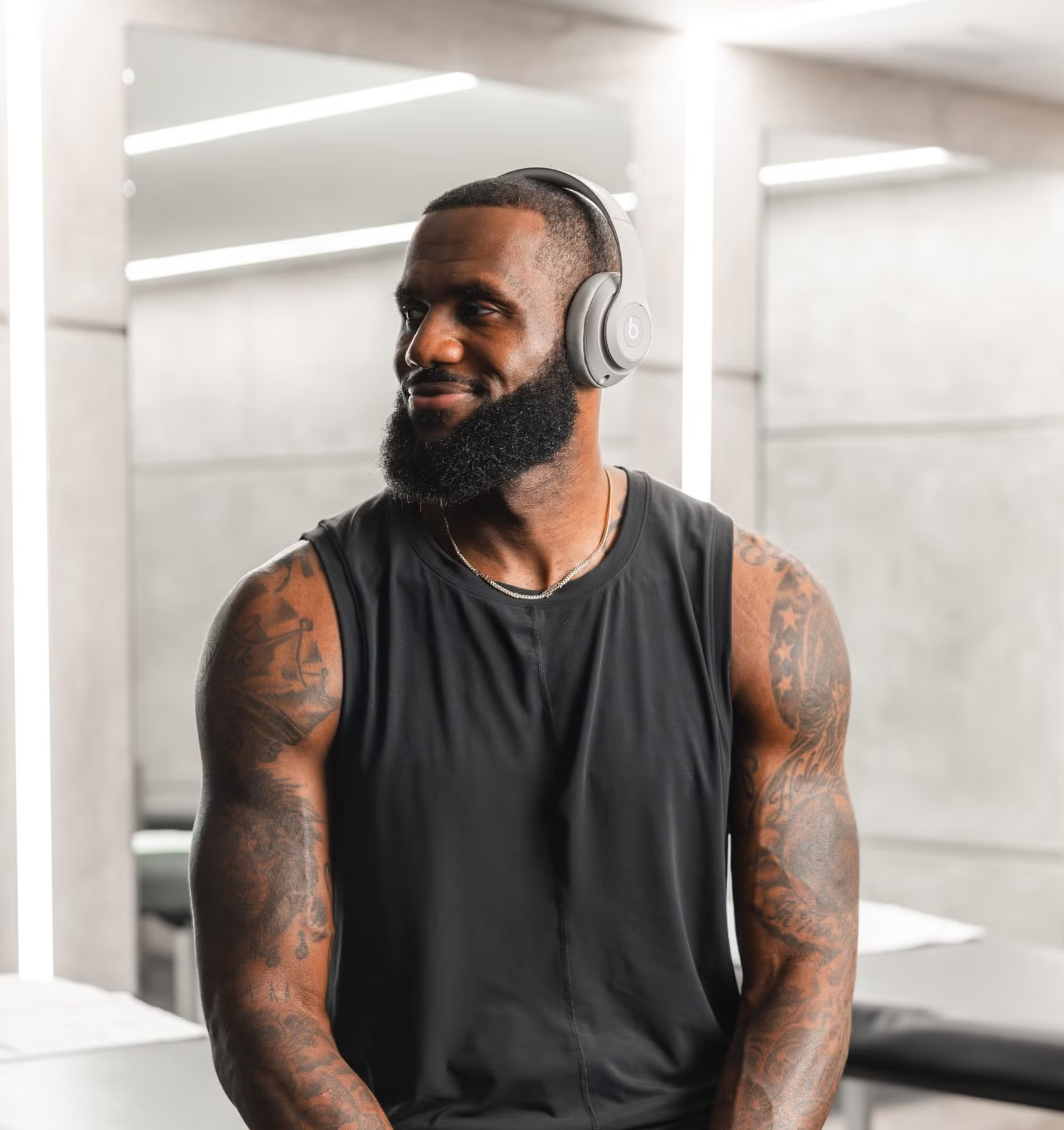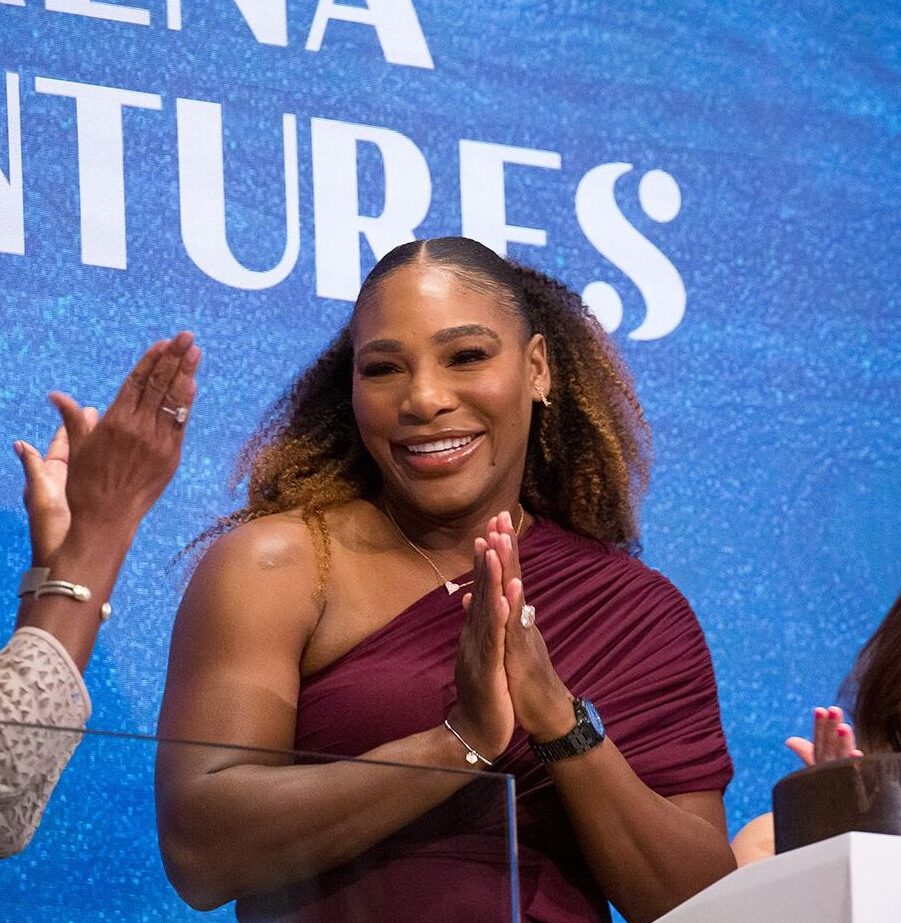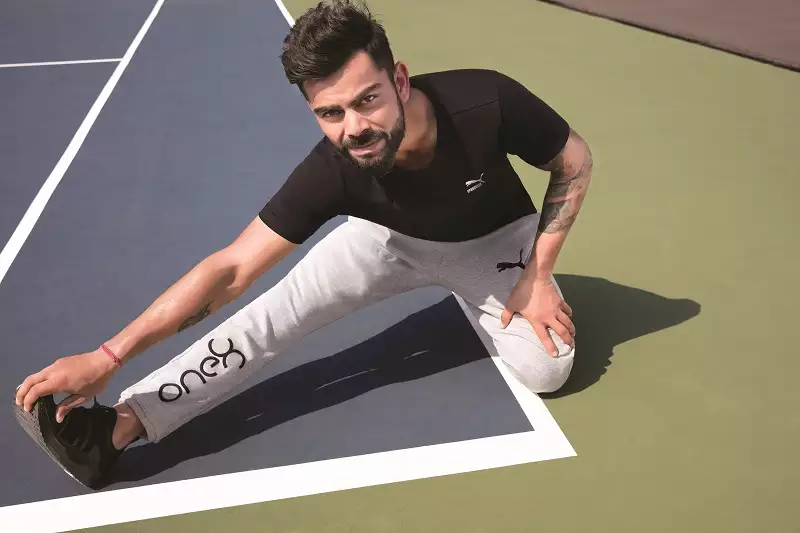The Backdrop
The brand-athlete handshake used to be simple: smile, shoot, sign the cheque. But in 2025, a new generation of Indian athletes, particularly in cricket, combat sports, and emerging leagues are thinking beyond endorsement boards and ad reels.
They’re taking cues from global icons like LeBron James, Serena Williams, and Naomi Osaka, who’ve built empires by asking one key question:
“Can I own a part of this?”
In this article, I explore how this mindset is making its way into Indian sports — and what it means for both athletes and brands.



From Face to Founder: A Shift in Mindset
“Why promote a protein bar when I can co-create one?”
That’s the question today’s athletes are asking — and it’s reshaping the world of sports marketing in real time.
They’re not just looking for a seat at the table; they’re building the table themselves.
In an era where followers are currency and personal brands carry real commercial weight, athletes are beginning to realize something crucial: their influence is too valuable to just rent out. They’re moving from passive promoters to active participants — shaping the product, the story, and the business model.
“If I’ve built cultural capital, why not build something of my own?”
This isn’t just a mindset shift — it’s backed by data. According to the 2024 Deloitte Sports Outlook, over 68% of Gen-Z athletes globally now express interest in equity-based brand partnerships, up from just 38% five years ago. This means more young athletes are negotiating for ownership stakes, co-branded product lines, or long-term revenue shares instead of one-off endorsement deals.
India’s momentum mirrors this shift. In 2023–24, startups in the fitness and wellness sector raised over ₹7,500 crore(Inc42, March 2024). Increasingly, athletes are part of that growth — not just as endorsers, but as co-founders, equity partners, and creative collaborators.
Cricket Leads the Way (But It’s Not Just About the Big Names)
It’s no surprise that cricket is spearheading this movement.
Take Virat Kohli’s One8 (in collaboration with Puma) — the brand reportedly clocked over ₹150 crore in FY2023(Cricket One, Aug 2023). Then there’s MS Dhoni’s SEVEN, a sportswear label now available in 300+ stores across India, with continued retail growth (ET, July 2022).
But what’s new is how this mindset is trickling down the ranks.
Young players like Shubman Gill, Ruturaj Gaikwad, and Jitesh Sharma are entering the game brand-conscious. They’re teaming up with digital strategists, brand consultants, and even content producers to shape their presence off the field — from Instagram stories to startup investments.
Even IPL franchises are getting in on it. With viewership crossing 500 million in 2024 (Disney Star, May 2024), players’ off-field influence has become a strategic asset. Teams are investing in player brand building, off-season shows, podcasts, and influencer-style content — because storytelling sells.

What This Means for Brands
The rules have changed.
It’s not just about booking a celebrity face for a 30-second spot anymore. The smartest brands are now co-creating, sharing equity, and offering creative freedom.
Especially for startups in wellness, fitness, or lifestyle, this model is gold. Athletes bring:
- Built-in credibility
- Massive reach
- A personal story that connects
And when they own a stake, they’re not just promoting — they’re invested.
“A 2023 Nielsen Sports study showed that co-branded athlete partnerships led to 23% higher engagement and a 19% boost in trust compared to traditional ads.”
Of course, it’s not always smooth. Brands have to give up some control. Athletes want:
- A say in product direction
- Access to backend performance data
- Involvement in creative campaigns
It’s messier than a contract and a cheque — but the payoff is deeper loyalty and authentic audience connection.
The Takeaway
The real revolution in athlete branding today isn’t louder campaigns — it’s quieter contracts.
Gen-Z athletes are approaching branding like entrepreneurs. They see themselves not just as faces of a campaign, but as long-term business assets. And they’re asking the right question: “Can I own a part of this?”
It’s still early days, but if the momentum continues, the athlete of tomorrow won’t just be on the field or in the commercial — they’ll be in the boardroom, too.
Thanks for Reading!
If this article sparked a thought or made you see athlete branding a little differently — that’s a win in my playbook.
Feel free to share, contact me, or just come back for the next one.
